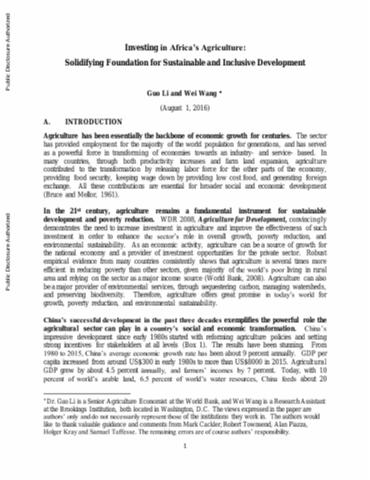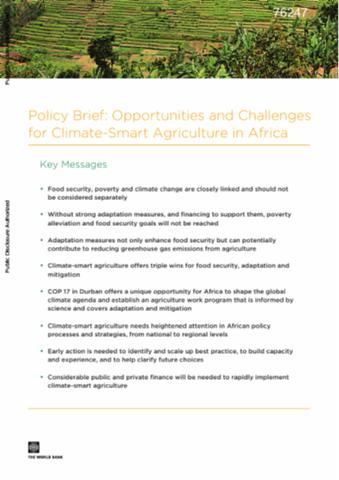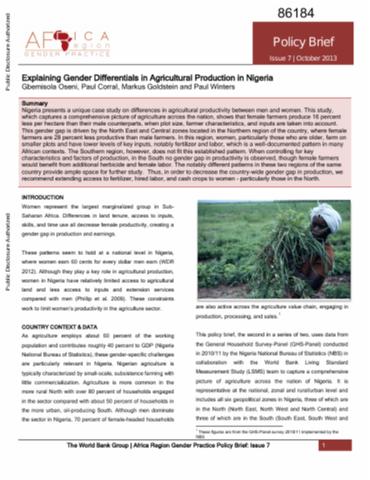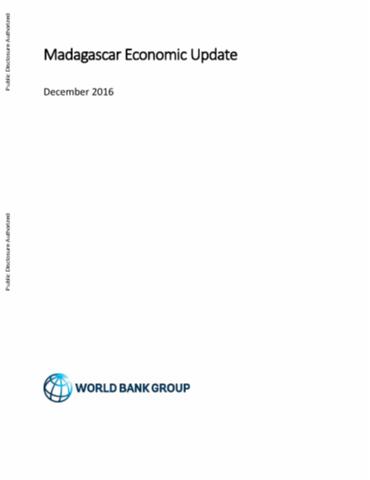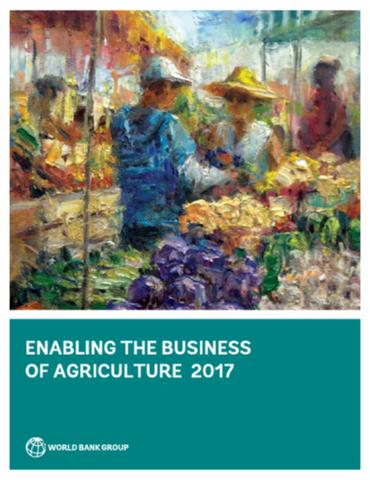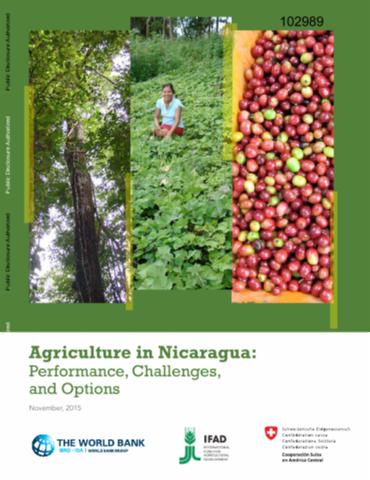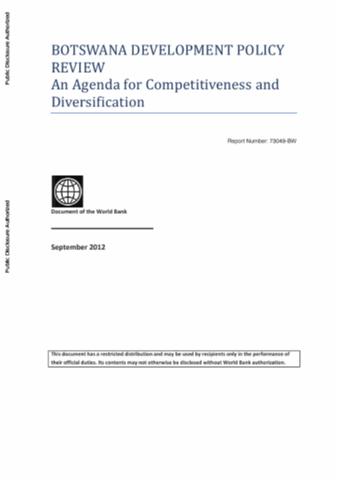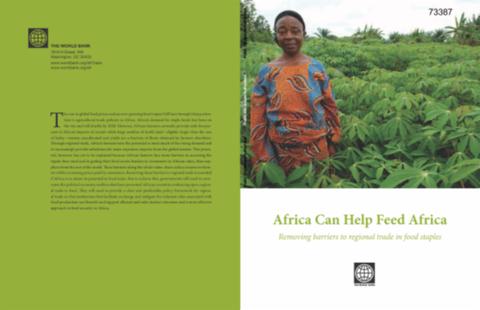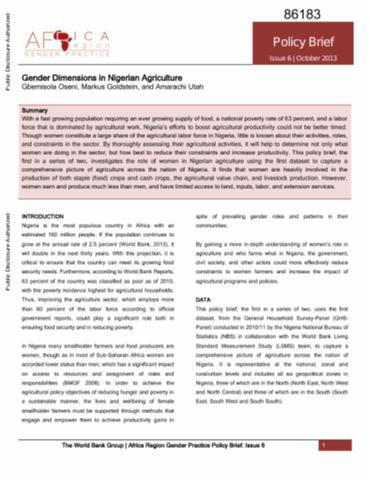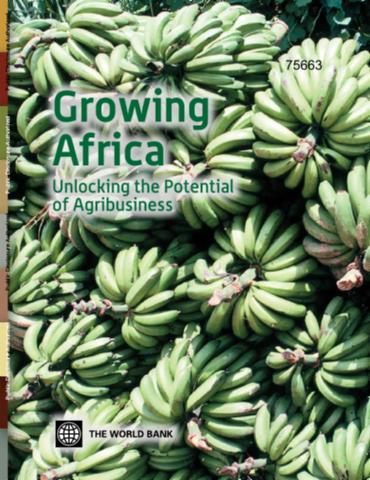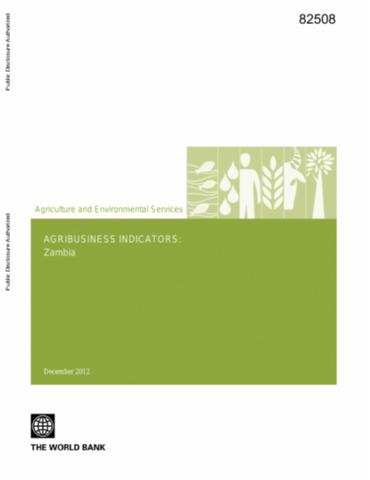Investing in Africa’s Agriculture
Agriculture has been essentially the backbone of economic growth for centuries. The sector has provided employment for the majority of the world population for generations, and has served as a powerful force in transforming of economies towards an industry- and service- based. In many countries, through both productivity increases and farm land expansion, agriculture contributed to the transformation by releasing labor force for the other parts of the economy, providing food security, keeping wage down by providing low cost food, and generating foreign exchange.

